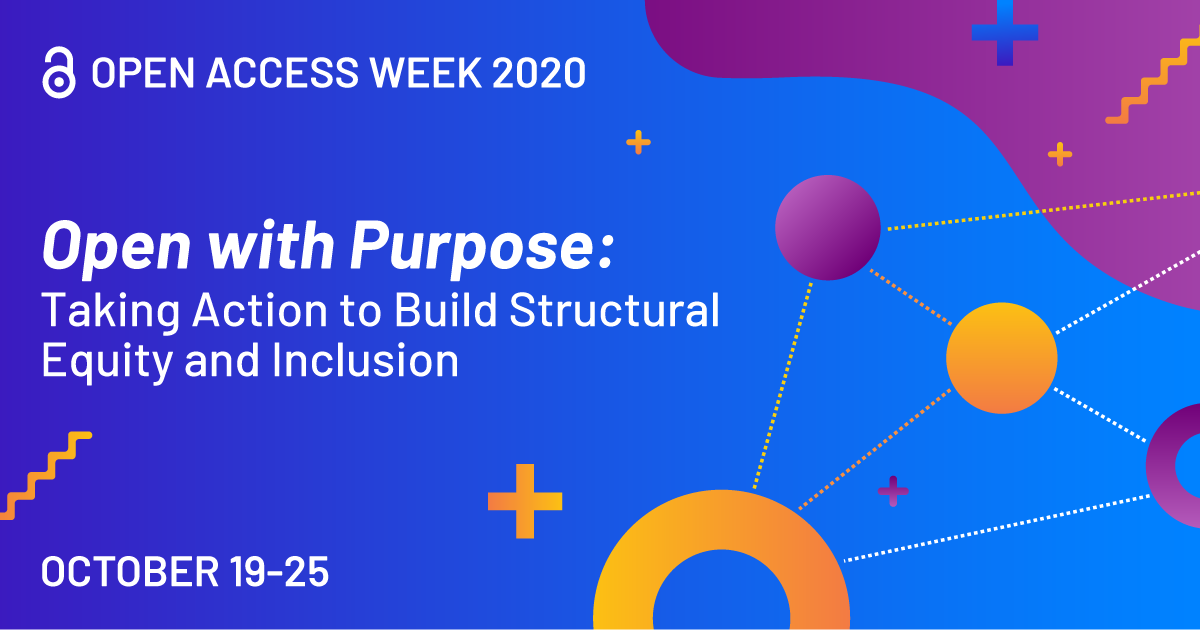*** This Blog Post has been updated in April 2025, to include the increased number of open access options available ***
The last couple of years have seen many changes in open access possibilities at the University, for Open Access week, I will give you a round up of the options that may be open to you. Throughout the post, there are links to sources of further information.
The University has an institutional repository called WestminsterResearch. Outputs can be added by all researchers through the Virtual Research Environment (VRE). It aims to be a showcase of research outputs from the University, with as many as possible being made openly available, removing the cost barrier for many.
We make outputs openly available through open access in two ways, either they are published under gold open access by the publisher, usually under a Creative Commons licence. Or, they are published in the normal way by publishers who charge their readers to access them, but we then archive an earlier version, known as the accepted author manuscript. This is the version after any changes based on peer-review, but before it is formatted for final publication. The green option is available for many journal articles and some book chapters.
Green Open Access
If you haven’t used the VRE to add your outputs before, there is a quick start guide available. In order to benefit from open access simply create an output record in the VRE and attach a copy of the accepted author manuscript for journal articles and book chapters. For journal articles, this should be done within 3 months of acceptance and attach a copy of the accepted author manuscript (AAM). The repository team will check publisher policies, and apply any required embargo, before making the record live in WestminsterResearch.
Gold Open Access
Directory of Open Access Journals (DOAJ)
Gold open access is often referred to as the ‘author pays’ model of publishing (rather than the traditional ‘reader pays’), but in actual fact there are many gold journals that do not make a charge. The Directory of Open Access Journals (DOAJ) is a listing of reputable gold open access journals, and details whether or not they make an Article Processing Charge (APC) to the author.
Transformative / Transitional Agreements
Some publishers are working with universities and other producers of research to change the publishing model. One way they may do this is through a transformative agreement. The agreements we can benefit from at Westminster fall into three categories:
1. Offset deal: discounted APCs in return for the subscription the library pays to access their content.
2. Read and publish deals, which mean we can access and read their content, as well as publish through gold open access in return for a single subscription cost. Link through to see which titles are included and how to access. You do not need to apply through the University.
- American Psychological Association (APA)
- Association for Computing Machinery (ACM)
- Cambridge University Press
- Elsevier
- Sage (including IMechE Journal Collection and the Royal Society of Medicine Collection)
- Springer Nature
- Taylor & Francis (including Routledge)
- Wiley
3. Flat fee agreements with gold open access publishers, whereby we, as an institution, pay a fee that allows our researchers to publish in their journals without having to pay individual APCs. We currently have two such agreements with Cogitatio Press and the Public Library of Science (PLOS)
Central University fund to pay APCs for open access journal articles
The University has a limited Article Processing Charges (APC) Application Fund to pay open access charges that all academic staff may apply to, subject to eligibility criteria. The fund is very limited and not all applications will be supported.
Any application needs to be approved by the repository team (who will liaise with the College Research & KE Director if over £2,500) before an author commits the University to payment.
For additional information, including a link to the application form, please click here.
Please email us at repository@westminster.ac.uk for help or further information.
Nina Watts
Repository and Open Access Manager
- Publish without charge in in all five of Cogitatio’s open access journals - April 1, 2025
- International Open Access Week 2024 - October 22, 2024
- UKRI Open Access Policy: Funding now available for open access costs for monographs, chapters and edited collections - November 22, 2023

Pingback:Research Office » UKRI New Open Access Policy
Pingback:Research Office » What is Open Research?
Pingback:Articles, books, and data, and where to publish them – Research Office
Pingback:Open Access Week 2023: Resources Available and External Events Coming Up – Research Office